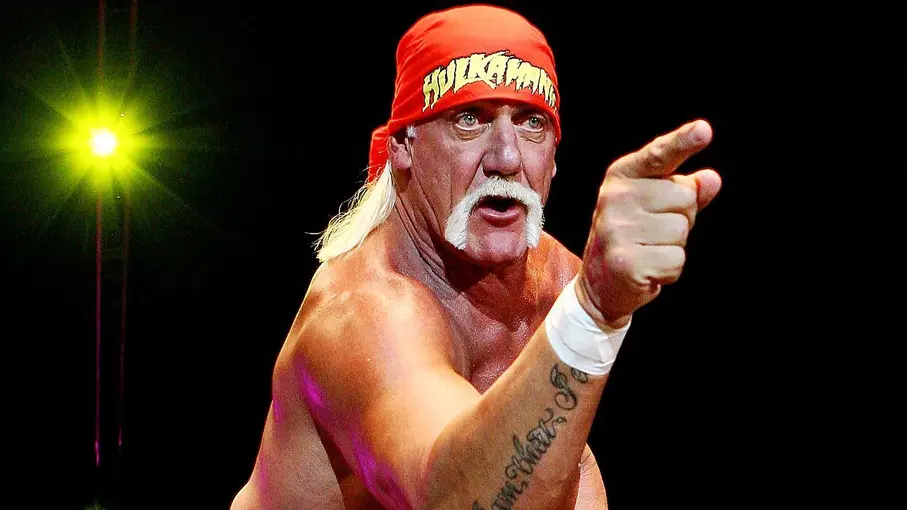T4K3.news
Biggest Loser legacy under new scrutiny
A Netflix documentary revisits the show and its ethics, inviting a wider view on weight loss culture.

A Netflix documentary revisits the show and Harper's long tenure as a trainer, examining its impact on culture, health, and fame.
Bob Harper reflects on the Biggest Loser and its fraught legacy
Netflix's Fit for TV looks back at The Biggest Loser through the eyes of Joelle Gwynn and Bob Harper. Harper was the show's longest serving trainer from 2004 to 2016 and continued on the 2020 reboot as host. The format placed a strong emphasis on drastic weight loss under close health monitoring, with contestants weighed each week and invited to face challenges and temptations for prizes. The documentary also revisits moments of heated on screen behavior and says the show became a global phenomenon with many international versions and millions of viewers.
Critics have raised questions about ethics and body image in the show. The film touches on caffeine pills controversy and episodes that show extreme weight loss and allegations of dehydration. Harper describes his personal journey including a life changing heart attack in 2017 and says health can come in many shapes. The piece notes that a future version of the show would need major changes and mentions the rise of weight loss drugs as part of the ongoing public discussion.
Key Takeaways
"I want to look good when I go to the beach."
Harper on appearance in fitness culture
"The show was the hardest thing I have ever done."
Harper reflecting on the work load and pace
"Healthy bodies come in many shapes and sizes."
Harper expressing nuance on body diversity
"We were all adults."
Harper defending contestant agency
Fit for TV forces a reckoning with how reality TV sells health and transformation. The show blends success stories with sharp questions about ethics and the lasting impact on contestants. It shows how trainers and producers balanced entertainment with real health risk. Harper’s candor underlines that the show was a product of its time, yet the larger weight loss culture still shapes policy and public talk. The moment points to a shift toward more nuanced approaches and greater scrutiny of medical risk in weight management.
Highlights
- I want to look good when I go to the beach.
- The show was the hardest thing I have ever done.
- Healthy bodies come in many shapes and sizes.
- We were all adults.
Risk of backlash over ethics of weight loss culture
The Netflix documentary revisits controversial practices on The Biggest Loser, including extreme weight loss and allegations of unhealthy methods. This could provoke public backlash and scrutiny of past practices.
The documentary invites readers to rethink how weight loss is portrayed in media.
Enjoyed this? Let your friends know!
Related News

Tom Cruise and Ana de Armas make their relationship official

Marcus Rashford joins Barcelona from Manchester United

Docuseries questions health messaging on weight loss show

Clinton's letter to Epstein revealed in media reports

Major shifts in crypto market this week

Hulk Hogan, wrestling legend, dies at 71

OpenAI brings back GPT-4o after backlash

Paramount and ESPN reshape sports streaming rights
